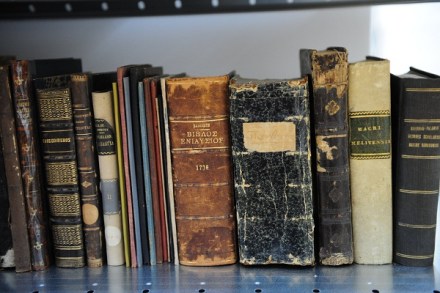Don Paterson interview
Don Paterson was born in 1963 in Dundee. He moved to London in 1984 to work as a jazz musician, and eventually began to write poetry. In 1993, Faber published his debut collection, Nil Nil, which won the Forward prize. In total, he’s published seven collections and three books of aphorisms. Paterson has won the prestigious T.S. Eliot prize for poetry twice. Other awards include: the Whitbread prize, and The Geoffrey Faber memorial prize. He received an OBE in 2008, and teaches poetry at the University of St Andrews. His recently published Selected Poems, covers a remarkable career that spans twenty years, ranging from the half-dead Scottish towns and deserted














